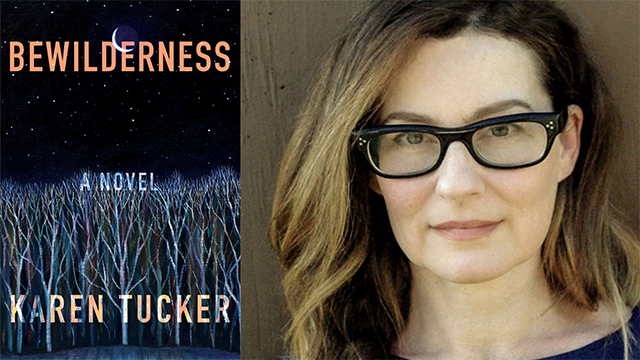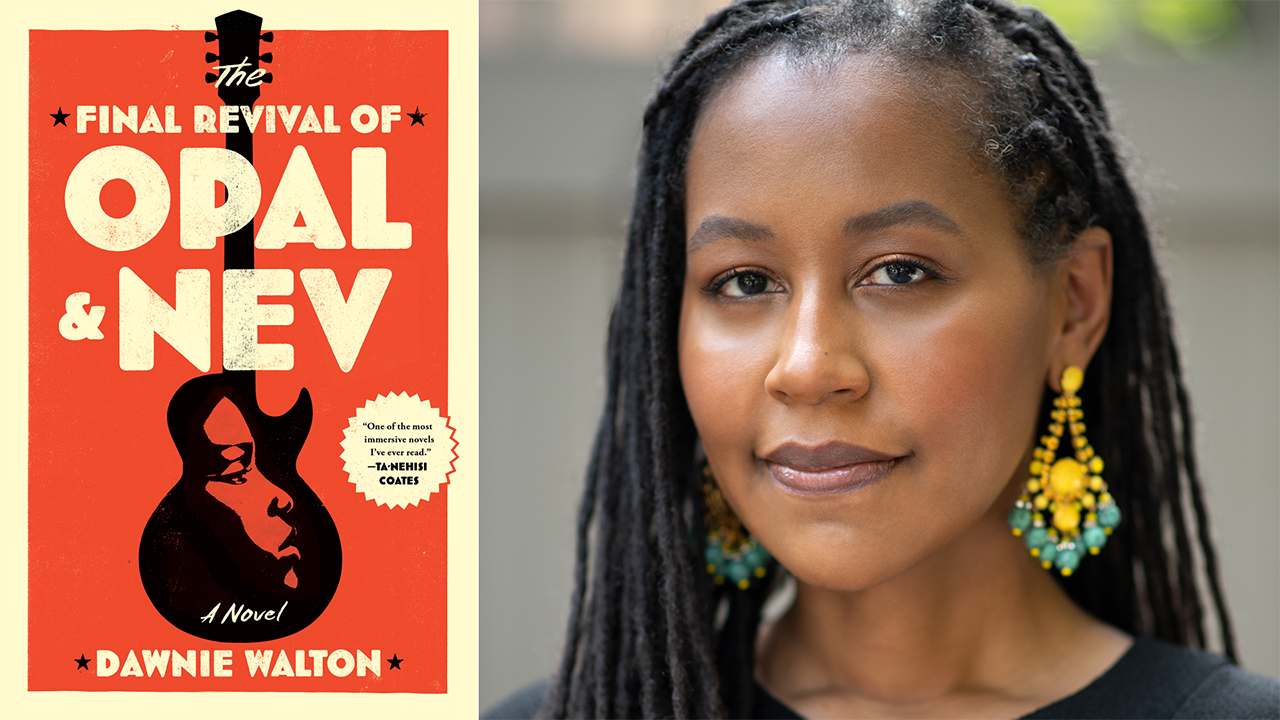In November, Aspen Words announced the longlist for the fifth annual Aspen Words Literary Prize, a $35,000 award recognizing a work of fiction that addresses a vital social issue. The selected books explore questions of freedom and identity, exile and belonging, and are set against the ravages of colonialism, consumerism, and classism. While the jury works on selecting a shortlist, Aspen Words chatted with the nominees about their work, how they view their role as a writer in this cultural and political moment, and the best piece of writing advice they’ve received.

How do you view your role as a writer in this cultural and political moment?
The past few years have shaped me in ways I never saw coming. Since the 2016 election, I’ve had more fear and outrage rumbling around in my belly than perhaps at any other point in my existence. People are dying. People are suffering. Among other awful statistics: over 93,000 people died of a drug overdose in 2020, with countless others overdosing and pulling through.
In her wonderful book Never Say You Can’t Survive: How to Get Through Hard Times By Making Up Stories, Charlie Jane Anders writes, “A lot of the most captivating writing is about hunger: for a world, or a character, or a feeling.” While I don’t view myself as having a particular role as a writer, I do feel a certain obligation as a still-alive human on this hot little planet to portray what hunger feels like to me. Stories of hunger and longing and survival have sustained me during my most difficult moments/years/decades and these days I’m downright greedy for them––and grateful for those who write them. I consider Bewilderness my humble potluck offering.
What inspired you to write Bewilderness?
The initial stab of inspiration was the threat of having to return to food service for a base pay of $3.13 an hour with no accompanying health insurance. At that point I was halfway through grad school, having previously waited tables for well over two decades. My ruined legs and I were ready to clock out for good. Knowing I had a better chance of securing a teaching job with a manuscript under contract, I found myself propelled into the novel by powerful memories of workplace exploitation and harassment.
And yet as much as I didn’t want to take up my former food service life again, I missed my restaurant friends and co-workers in a way that often felt like grief. Few communities are as creative, kind-hearted, ferocious, hilarious. Writing about a group of humans I loved and longed for made it far easier to open the file on my laptop, even when the writing itself wasn’t going as well as I hoped.
Also: If you think you don’t know anyone with substance use disorder, I’m sorry but you are almost certainly mistaken. If you privately congratulated yourself on not being affected by the 93,000 fatal overdoses I mentioned earlier, I’m sorry but you are part of the problem. I was part of the problem. This novel is my attempt to be less so.
What is the core tenet of your book’s philosophy?
People use painkillers because they’re in pain.
What’s the best piece of advice you’ve received on writing fiction?
For me, this quote from Toni Morrison holds the key to the castle: “The ability of writers to imagine what is not the self, to familiarize the strange and mystify the familiar, is the test of their power.”
What are you currently reading?
Disability Visibility, edited by Alice Wong; We Too, edited by Natalie West; Blue-Skinned Gods by SJ Sindu; and all kinds of thrilling short stories by undergraduate fiction writers.


